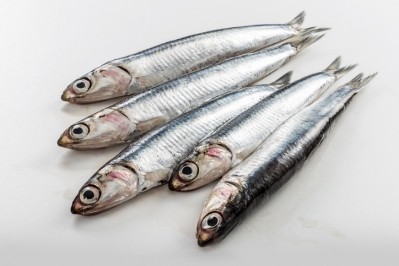EFSA once again assessing the safety of ethoxyquin

The mandate and the EFSA acknowledgement letter in relation to the review were published on the Authority’s website under the Register of Questions section.
The FEFANA group involved in supplying the additional data required for new risk assessment of the feed additive submitted the required documentation to EFSA at the end of April. EFSA has agreed to deliver the updated opinion by October 31 this year.
The original EFSA opinion on ethoxyquin in late 2015 concluded there was a lack of sufficient data to fully assess the additive’s safety, due to both its metabolites and also the presence of an impurity, p-phenetidine, a possible mutagen. The EU risk assessor determined that, due to the manufacturing process, p-phenetidine remains in the feed additive.
However, the EU Commission gave the possibility to the FEFANA antioxidants authorization consortium - the ANTOXIAC group – to resubmit complementary data in order, thus, for EFSA to re-evaluate the safety of the antioxidant.
Ethoxyquin is added primarily to fishmeal as an antioxidant. The additive is said to prevent the spontaneous combustion of that raw material during transport and storage - the International Maritime Organization (IMO) requires that an antioxidant be added to fishmeal prior to shipping to ensure its safe transportation and storage.
Research
ANTOXIAC began the data gathering exercise nearly two years ago.
A NIFES study on the safety of the additive in animal feed, undertaken in 2017, was part of the additional documentation submitted to EFSA. That research was cofounded by the International Marine Ingredients Organization, the IFFO, and by feed firms, BioMar, Cargill, Marine Harvest, and Skretting as well as by fish health and welfare company, Europharma, reflecting the importance of the antioxidant to both the fishmeal and feed sectors.
On the basis of the safety data submitted, the Commission may still decide to uphold the authorization of the feed additive, the IFFO said previously.
However, industry has been evaluating all options to provide alternatives should ethoxyquin not be reauthorized.
Antioxidant stabilization trials
The IFFO has been carrying out project trials on antioxidant stabilization with the support of some of its members, and it reported how that information was vital in informing the process for the amendment of text in the IMO shipping code - applying a reduction in the stated concentration of ethoxyquin, and an addition of tocopherols as a named antioxidant.
The IFFO noted that despite the continued use of antioxidants such as ethoxyquin for several decades by the fishmeal sector, the relative paucity of data on stabilization under a variety of different conditions, with a variety of different types of fishmeal, is quite surprising.
“IFFO is working on improving that situation, and any members who may want contribute to this work with either data from their own work, or with the possibility of hosting some commercial-scale trials, are invited to make contact with IFFO technical.”








